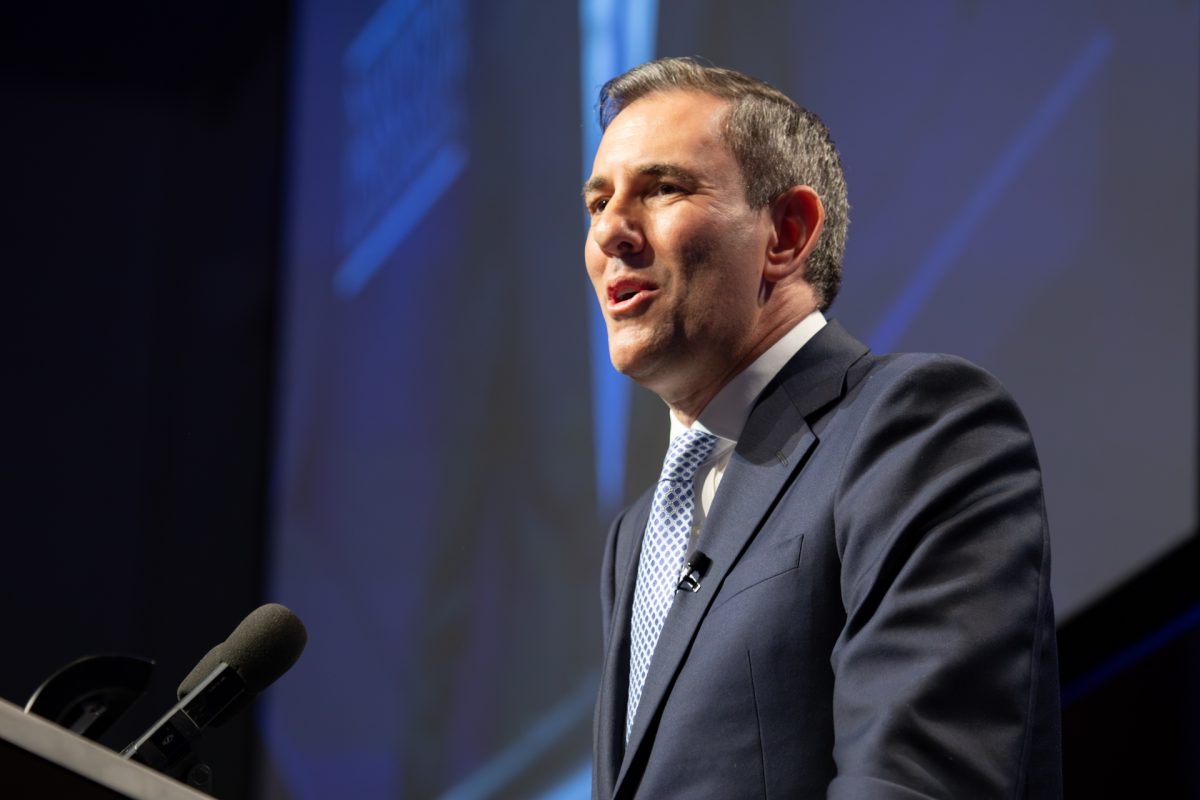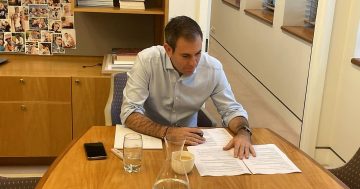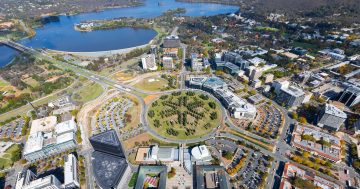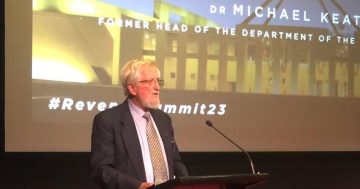
Treasurer Jim Chalmers is facing opposition to his proposed super tax changes. Photo: Michelle Kroll.
Is the federal government trying to tax people on money they haven’t yet seen?
That’s an argument being pushed this week as parliament considers changes to superannuation taxation settings that, if passed, will come into effect in July 2025.
The new legislation proposes taxing super amounts over $3 million at a rate of 30 per cent, up from 15 per cent. This new rate will also apply to unrealised capital gains – the amount an asset has increased in value over the financial year, even if the asset hasn’t been sold.
Eight independent ‘teal’ MPs released a joint statement this week expressing their concerns with the proposed law.
“People shouldn’t be taxed on paper profits they may never see,” Member for Wentworth Allegra Spender said.
“I’m really concerned about the impact on the startup and innovation sector, in particular, which is an area we need to see grow rather than diminish.”
The National Farmers Federation (NFF) has also said the reforms will hurt farmers who are often asset-rich but cash-poor.
“We are extremely worried that the proposed increases in taxation rates, including the treatment of ‘unrealised gains’ on holdings, will increase the tax obligation so much that farmers may be forced to sell land assets to pay the tax bill,” NFF acting CEO Charlie Thomas said.
“This may leave farmers with a terrible choice: sell the farm to meet these new tax and liquidity obligations or increase their lease rates so much that their own children and grandchildren can’t afford it and leave the industry.”
NFF argue that the market price of farming assets can fluctuate widely, so taxing something that increases sharply in value one year is unfair, as that value may collapse the following year and the owner may never see any material gains.
Matt Grudnoff, an economist for the Australia Institute, has a simple response to farmers concerned about their assets being taxed on their unrealised capital gains.
“Take them out of your super fund. Your super fund is not for that,” he said.
“I have questions over why family funds are structured in such a way that they’re put into superannuation funds.
“We give tax concessions out because there’s a larger public good [to do so]. In the case of superannuation, it’s so people can look after themselves in their retirement and not rely on the aged pension from the public purse.
“It’s not to run businesses, it’s not for lowering tax, or it’s not for passing money on to future generations.”
A recent Australian Financial Review article also suggested the federal government reforms amounted to a “double tax” – as super fund holders are slugged each year as their assets rise in value and then hit with capital gains tax once they sell the asset.
Mr Grudnoff didn’t buy this argument either, saying that so-called double taxation applies to a lot of things.
“We tax activity … people spend money, and they pay GST, firms take that money and pay wages, that same money is taxed, some of the profits fall into people’s pockets, and they spend it, that’s taxed too.”
Overall, he supports the proposed reforms.
“We are talking about very large super funds and only reducing the concession on earnings at a very high threshold.
“The marginal tax rate for earnings over $3 million is 47 per cent, [money in a super fund] is still taxed at a lower rate than it otherwise would be.”




















